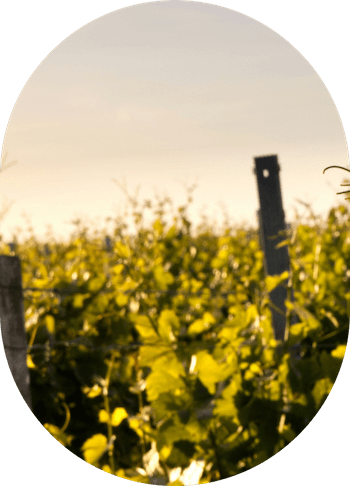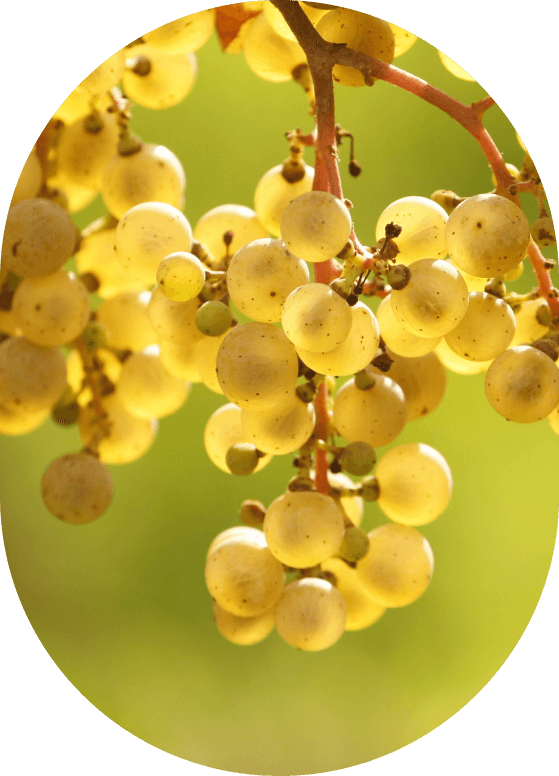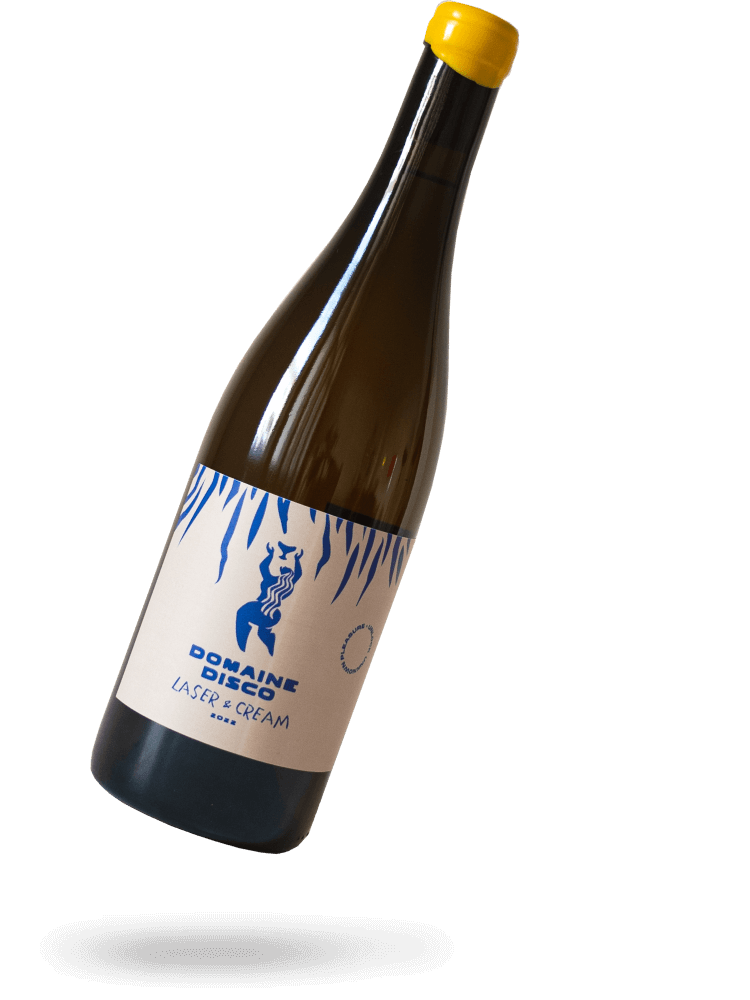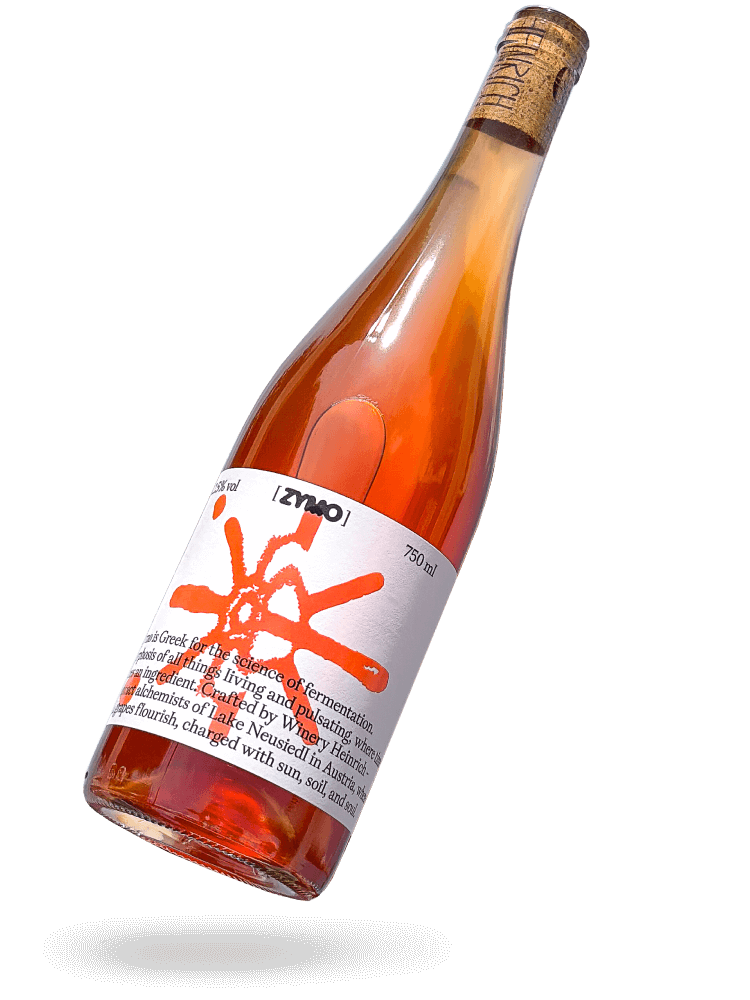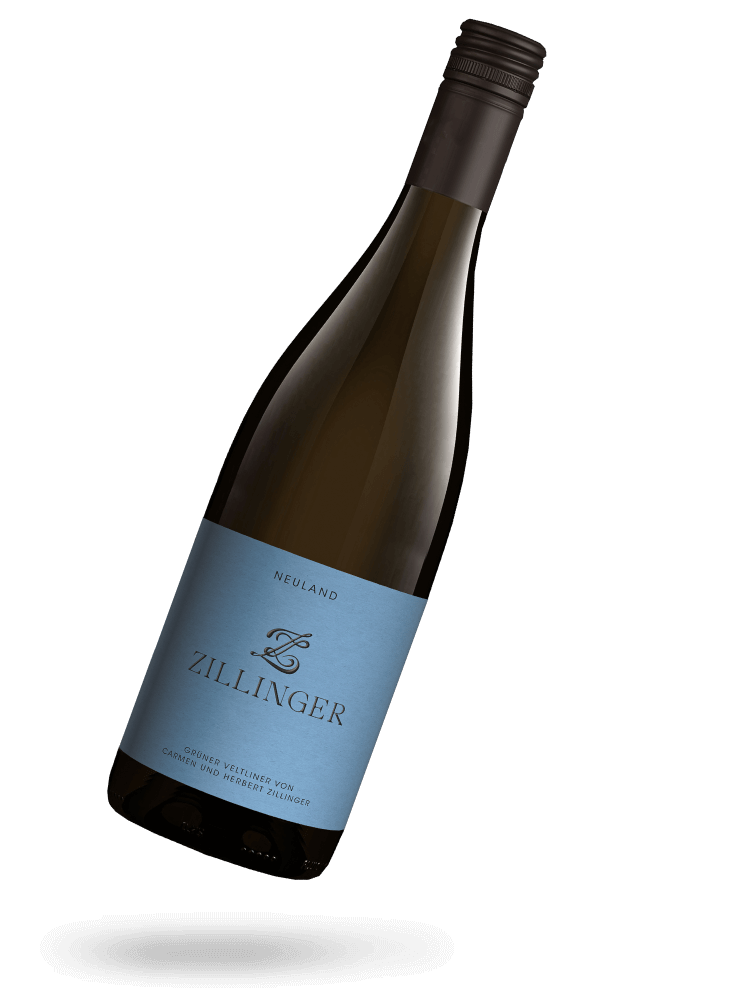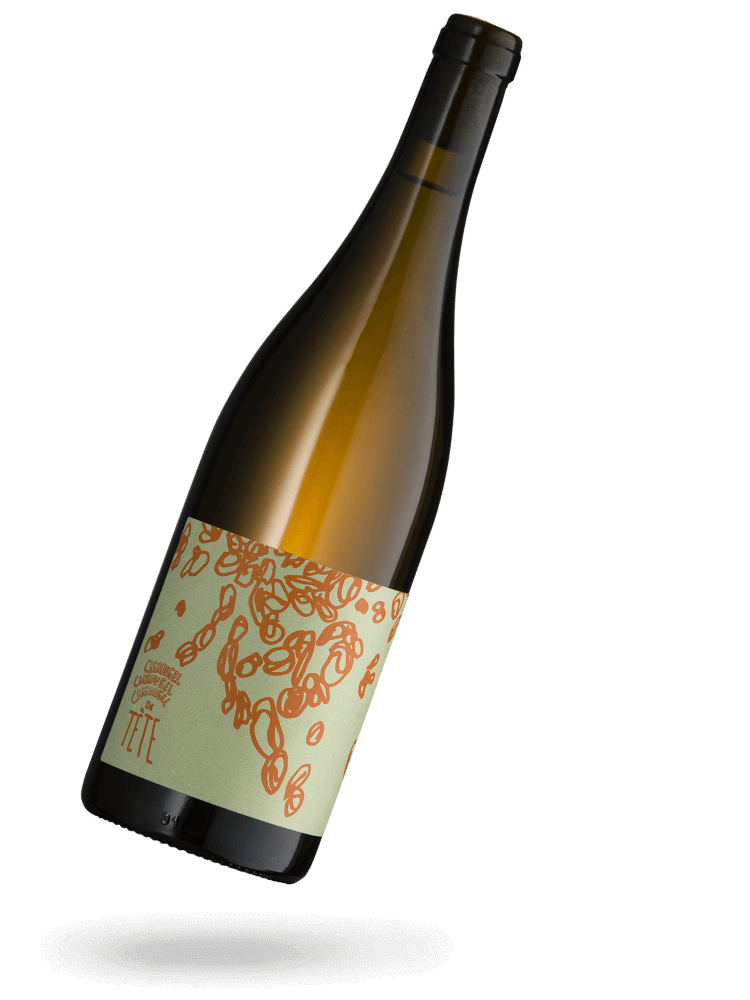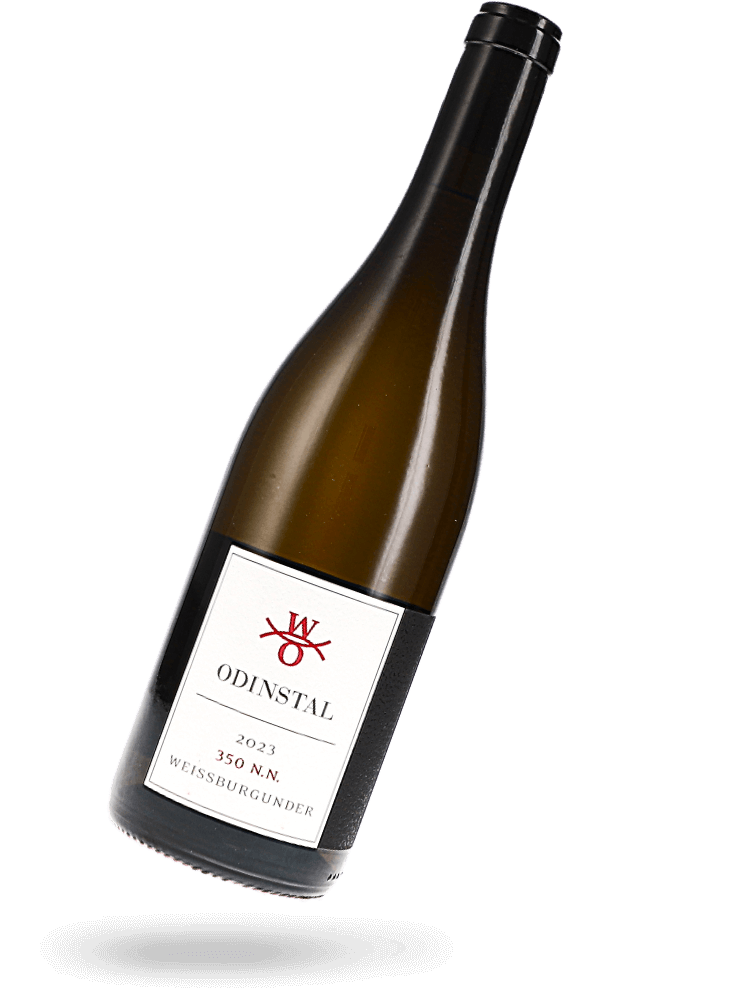Geschichte des Rieslings
In den steilen Weinbergen des Rheintals gedeiht eine besondere Rebsorte: der Riesling. Er ist die bekannteste und wichtigste Weißweinsorte Deutschlands und genießt weltweite Anerkennung.
Die Ursprünge des Rieslings sind nicht eindeutig geklärt. Vermutlich entstand er im Mittelalter aus einer Kreuzung von Traminer und einer rheinischen Wildrebe. Die erste urkundliche Erwähnung des Rieslings stammt aus dem Jahr 1435.
Anfangs wurde der Riesling nicht besonders geschätzt. Er wurde nur im Gemischten Satz angebaut, also zusammen mit anderen Rebsorten. Erst im 18. Jahrhundert begann der Siegeszug des Rieslings als sortenreiner Wein.
Im 19. Jahrhundert wurde der Riesling zu einem der begehrtesten Weine der Welt. Er war oft teurer als die besten Premier Cru und Grand Cru aus Frankreich.










